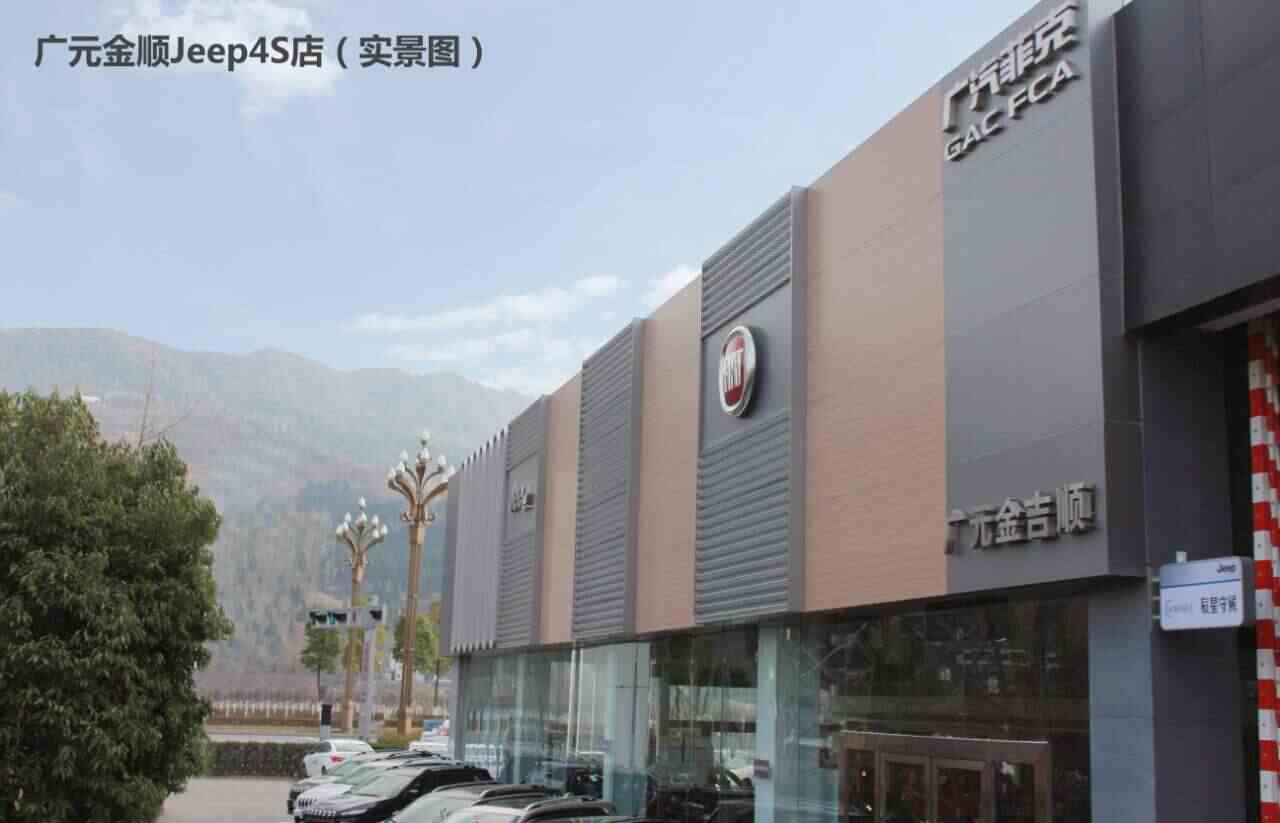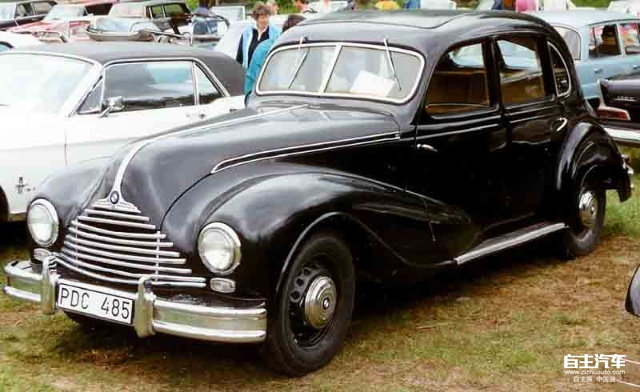Daewoo: A Journey through the Past, Present and Future of Automotive Excellence
Daewoo, once a prominent name in the automotive industry, has undergone significant changes over the years. From its humble beginnings as a South Korean automaker to its current position as a subsidiary of Hyundai, Daewoo's journey through the past, present, and future of automotive excellence is marked by both triumphs and challenges. In the 1970s and 1980s, Daewoo was at the forefront of the auto industry with innovative designs and cutting-edge technology. However, in the mid-2000s, the company faced financial difficulties and was forced to restructure. Today, Daewoo continues to evolve with a focus on producing high-quality vehicles that cater to the needs of modern consumers. As it navigates the ever-changing landscape of the automotive industry, Daewoo looks towards the future with optimism, embracing new technologies and exploring potential partnerships and collaborations. Despite its past struggles, Daewoo remains committed to delivering excellence in every aspect of its operations, from design and manufacturing to customer service and support. With its rich history and bright future ahead, Daewoo is poised to continue making waves in the world of automotive innovation.
Daewoo was a name that once stood for quality and innovation in the automotive industry. Founded in South Korea in 1958, the company rose to fame with its high-performance cars, such as the Metropol and Wolmar. However, over time, Daewoo faced financial struggles and struggled to keep up with its competitors. This article explores the history of Daewoo, its current state, and its potential future as an automotive brand.
Daewoo's Early Years: A Foundation Built on Quality and Innovation
Established in 1958 by Hong Joong-hee, Daewoo began its journey in South Korea, a country known for its automobile manufacturing prowess. The company's early years were marked by innovation and a commitment to quality. Its first car, the Wolmar, was a hit in South Korea and helped establish Daewoo as a player in the local market.
The Rise of Daewoo: Building a Global Presence

In the 1970s and 1980s, Daewoo expanded rapidly, entering into partnerships with major global players like General Motors (GM) and Renault. This partnership allowed Daewoo to build its presence globally, with models like the Grand Prix and Matiz gaining popularity around the world. However, the partnership eventually fell apart due to disputes over intellectual property rights and compensation for lost sales.
The Turbulent Times at Daewoo: Financial Struggles and Regulatory Challenges
Despite its early success, Daewoo struggled with financial difficulties throughout the 1980s and 1990s. The company was plagued by debt and faced stiff competition from domestic and foreign rivals. In 1998, GM acquired a majority stake in Daewoo, but this only prolonged the company's troubles. By the late 1990s, Daewoo was facing bankruptcy and had announced plans to restructure.

Current Status: A Rebrand and a Search for New Opportunities
Following the bankruptcy declaration in 2002, Daewoo underwent a major restructuring that involved the rebranding of all its vehicle models under the "Hyundai-Kia-Daewoo" name. Today, Hyundai-Kia-Daewoo is part of South Korea's largest conglomerate, Hyundai Motor Group, which includes brands like Hyundai and Kia. While Daewoo may be no longer a standalone entity, it continues to design and produce vehicles for Hyundai-Kia-Daewoo.
Looking to the Future: The Promise of Automotive Excellence

While Daewoo has faced many challenges over the years, there is reason to be optimistic about its future prospects. As part of Hyundai Motor Group, Daewoo has access to significant resources and expertise that can help it regain its position as an innovator in the automotive industry. With recent investments in electric vehicles and autonomous technology, Daewoo is positioning itself at the forefront of these emerging trends.
In conclusion, Daewoo's journey through the past, present, and future of automotive excellence is one marked by innovation, resilience, and a determination to provide customers with high-quality vehicles. Despite the challenges it has faced, Daewoo remains a brand with a rich history and a bright future. As it moves forward into an increasingly competitive market, we can expect to see more exciting developments from this storied automotive brand.
与本文知识相关的文章:



